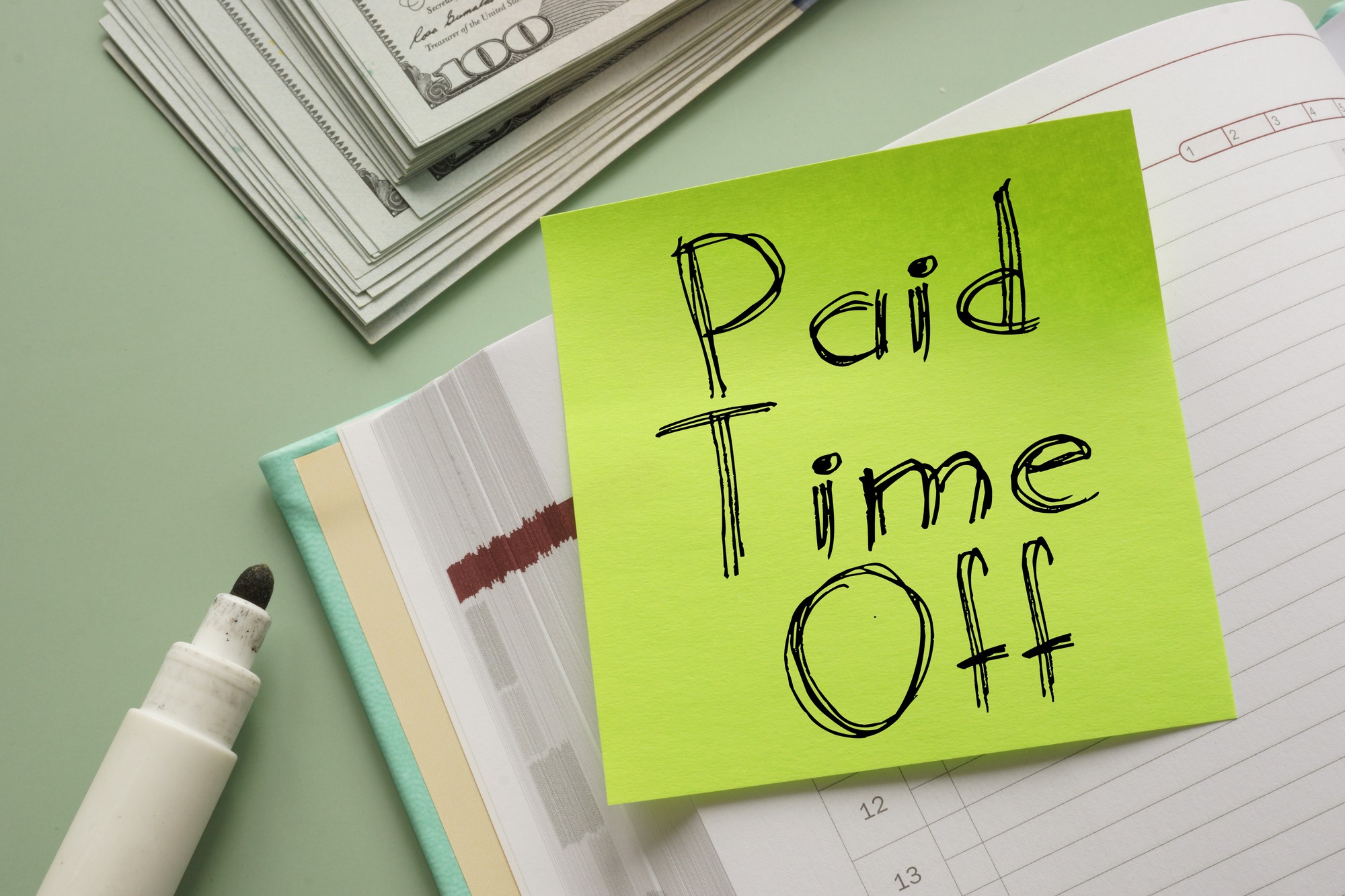Today, most employers offer some paid vacation time off (Vacation/PTO) as an added benefit, even though, unlike every other industrialized nation, there are no federal, local, or state laws requiring them to do so. But, are you taking full advantage of your Vacation/PTO?
According to the federal Bureau of Labor Statistics, approximately 90% of private industry received paid time off. However, according to a study conducted by Glassdoor, 9% of Americans take no vacation time off during they year, most only take half of the days their employer gives them each year; only 23% take all their available vacation. An even more interesting statistic in that study of 20,000 workers found that 54% of those who took time off worked during their time off! So, what does that say about the work-life balance?
If you are someone who struggles to plan and optimize the use of your time off, or who feel that you cannot fully unplug from work while away, this article provides some ideas and considerations.
So, here are some things to consider to make the best use of your accrued time off.
- Know What You Have and How It Works
Of course, PTO or vacation policies vary by employer, industry and even employee classification. For instance, part-time employees may be on a different plan when compared to full-time employees; executive levels may also be on a different plan than the rest of the employee population, and policies often provide more time off for employees with more seniority. So the first step is knowing what your employer provides you. How much vacation do you earn each year? Do you earn it per pay period or is it front loaded at the start of the year? Is there a cap? Can you lose it if you don’t use it by a certain time (such as by the end of the year?)? If you have an unlimited plan, what is a reasonable amount of time you can take each year? Can you purchase additional time off or borrow against a future balance (sometimes seen by allowing a negative balance)? Also, is this time just for fun or is it all intended for other purposes, such as sick leave. If the latter, make sure you leave some time in reserve so you can take time off to recover should you become ill. The first step to ensure you are making the most of your available time off is knowing how your plan works.
- Don’t procrastinate
You may think: the longer you wait to plan your time off, the more time you’ll accrue. However, the problem with that is the fact that time passes by quickly and like some people, before you know it, you find yourself approaching the holidays with a ton of PTO to burn through. Though bear in mind that just because you have accrued PTO, you still need your manager’s approval to use it, as they have to manage workloads and ensure the work gets done while you are away. So developing a plan on how and when to use all your time off is critically important.
- Get creative but keep it simple
For some, planning things is easier said than done, but you should make it a habit to plan out the use of your vacation each year. If you are like most Americans, you will be working for about five decades. Taking regular breaks during that time is necessary for ensuring good mental health and to avoid job burnout and boredom. Contrary to popular believe using time off work does not always mean planning to take a “vacation.” While vacations can be fun and exciting unless you spend lot of money on a travel agent, planning one involves a lot of work and pressures. In addition, if you overdo it, at the end of it all, you may find yourself needing a vacation from your vacation. In light of this, getting creative with planning your time off will ensure you make the best use of it. For instance, you can request a Friday or Monday to enjoy a long weekend. Or you can plan a “staycation” where you simply hang out at home and enjoy time with your family, friends, pets, or just by yourself. Attending local events and festivities are also great ways to enjoy your time off without the stress of travel. Last but not least, consider taking a “mental health” day off. On your mental health day, you can book yourself a massage, meditate, go for a walk, read a book, go for a hike or simply binge-watch your favorite shows.
- You’ve earned it, so Enjoy it!
Once you’ve scheduled your time off, it’s time to enjoy it doing the things that you deem valuable, important and enjoyable. Whether you find youself on a couch binge-watching your favorite shows, or watching the sunset as you enjoy on cocktail at the beach, give yourself the pleasure of truly enjoying your time off. This means not checking in with work on your scheduled time off. Before leaving work, identify a person (such as a co-worker or perhaps your boss) who can cover anything critical that arises while you are out of the office and secure their agreement such matters can be redirected to them to be handled until you are back at work. Perhaps you can return the favor when they are on vacation. Then make sure your voicemail and email notifications are on advising anyone trying to reach you that you are out of the office, not checking message, and who to contact in the interim (along with their contact information) if the matter is critical and cannot wait until you return. In conclusion, you’ll find that disconnecting from the on-demand and always-on world we live in will do you good. It will also benefit your relationships and your effectiveness on the job. Finding ways to escape everyday struggles; pausing to reflect on the things that really matter, listening to ourselves and others, loving and being loved and find enjoyment and fulfillment are all important elements of our life experience. The most important thing to keep in mind about how we go about our experiences in life and the joys thereof, is that it’s entirely up to us and taking time off work can be a good starting point.

